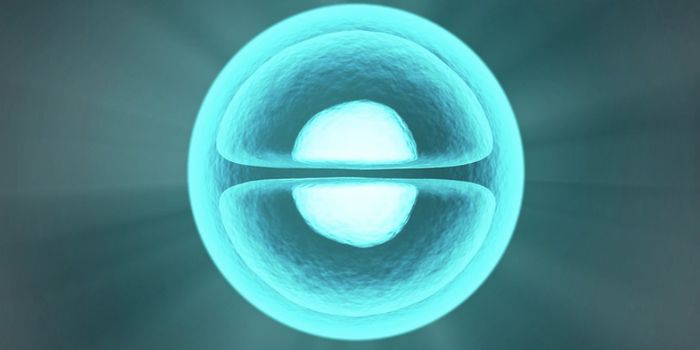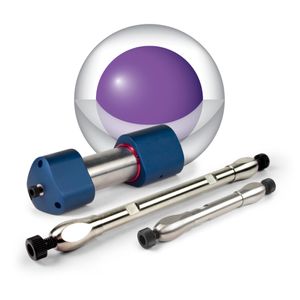The Complex Genetics of a Rare Disorder are Deciphered
Researchers have been trying to solve the mystery of a rare genetic disorder called spinocerebellar ataxia 4 (SCA4) for many years. The disease causes impairments in movement and balance, and these neurological problems get worse over time. Since the disease runs in families, scientists have long known that SCA4 is a genetic disorder, and work has shown that it is related to a specific region of the human genome. But this region is loaded with complex sequences that are repetitive and extremely difficult to analyze with standard gene sequencing techniques.
But scientists have recently created more sophisticated tools that they used to analyze genetic samples from SCA4 families. The investigators compared the DNA of affected and unaffected individuals, and determined that a specific gene called ZFHX3, which is located in the SCA4-related genomic region, was abnormally long in SC4A patients; their disease is caused by a repetitive portion of the genome that is longer than it should be. The findings have been reported in Nature Genetics.
"This mutation is a toxic expanded repeat and we think that it actually jams up how a cell deals with unfolded or misfolded proteins," said senior study author Dr. Stefan Pulst, MD, a professor and chair of neurology at the University of Utah.
Proteins carry out the essential functions of cells, but those proteins also have to be built and recycled in the right ways. The researchers found that human neurons that carry abnormally long ZFHX3 genes are not as efficient at recycling proteins as regular neurons, and in the mutated cells, there were signs of protein clumps.
There is another ataxia disorder called SCA2, which seems to have a similar mechanism that disrupts protein recycling. A potential SCA2 therapy is being tested in clinical trials now, and the researchers suggested that if it is successful, it's possible that it could work for SCA4 patients too.
Although the therapy is not ready for patients yet, determining the true cause of SCA4 marks a breakthrough, because diseases can usually only be treated or cured effectively if the cause is well-understood.
Sources: University of Utah Health Sciences, Nature Genetics
-
MAY 17, 2024PCR for 35% Less-Now!
- See More
-
MAY 17, 2024The Thomas Experts Series & The Thomas Center Labs
-
MAY 23, 2024For the Love of Digital PCR 2024
-
JUN 06, 2024The Future of Scientific Conferencing
-
JUN 18, 2024The Power of Comprehensive Genomic Profiling Testing
- See More




















































